Market Analysis
In-depth Analysis of Aviation Crew Management Systems Market Industry Landscape
The growth and evolution of the Aviation Crew Management Systems Market are determined by different factors working together that shape its development. In this market, one key factor driving it is the growing attention towards operational efficiency in aviation. Both airlines worldwide have realized that crew management is a complex issue and as such they are seeking for sophisticated solutions to optimize flight crew planning and scheduling as well as cabin crews. The uptake of Aviation Crew Management Systems is driven by the need for streamlined operations, regulatory compliance, and cost saving thus showing industry’s commitment towards operational excellence.
Operational efficiency emerges as a primary driver in the dynamics of the Aviation Crew Management Systems Market. Advanced Crew Management Systems employ cutting-edge algorithms and data analytics to optimize crew deployment, reduce operational costs, and improve overall performance. This dynamic illustrates the industry's response to the growing need for effective crew management in the face of complex airline operations and strict regulatory requirements.
Another important factor influencing aviation markets in terms of their compliance with legal obligations is increasing emphasis on safety issues. Like any other sector involving human life where safety standards must be met strictly aviation must adhere to these strict regulations concerning resting hours for flight crew members, maximum duration of duty time among others that governs such activities. These systems provide real-time monitoring and alerts enabling airlines to proactively manage compliance, mitigate risks, and prioritize safety. Demand for these systems ensures regulatory compliance which underscores an airline industry’s ambition to maintain high standards in terms of safety during flights.
The global trends such as globalization coupled with air travel continued growth significantly contribute to an increase demand experienced in this market segment called Aviation Crew Management Systems Market (ACMS). Given that airlines operate across various time zones while serving ever increasing number of passengers; there comes about necessity regarding efficient management associated with operations carried out by personnel who work directly with customers (crew). The ability of Crew Management Systems to handle complex international operations including crew rotations makes them flexible enough as per current global air transport trends. This dynamic reflects the industry's response to the challenges posed by the globalized nature of modern air travel.
Collaboration and Integration are two major transformation forces in Aviation Crew Management Systems Market. Airlines understands that there should be clear communication and integration among Crew Management Systems, flight operations, maintenance, customer service and other critical airline systems. Collaboration has sought after integrated platforms which can give a comprehensive overview of crew-related information hence making more informed decisions as well as operational coordination. The emphasis on collaboration reflects the industry’s awareness that airline operations are interrelated with each other and the aviation ecosystem needs holistic solutions.
Another factor influencing market dynamics surrounding Aviation Crew Management Systems is the growing focus on crew satisfaction and well-being. The importance of these factors is recognized by airlines who are adopting systems that take into account crew preferences, fatigue management, work-life balance etc. These considerations are crucial in attracting and retaining skilled crew members, contributing to a positive workplace environment and overall operational efficiency. In this regard, it is being seen that demand for such Crew Management Systems implants priority over employee satisfaction as far as their jobs are concerned indicates how companies value their crews’ contributions towards promoting their images by ensuring success in all operations they undertake though them.
Measurement against standard regulations is a necessity in the Aviation Crew Management Systems Market. There are very strict rules governing crew duty time limitations, rest periods and qualifications that operate in an environment of tight regulation for airline companies. Crew Management Systems help airlines meet these requirements by providing accurate tracing, reporting and planning tools. The market dynamics underpin the firm's dedication to adhering to regulatory frameworks and ensuring safest levels of crew operations compliance.”


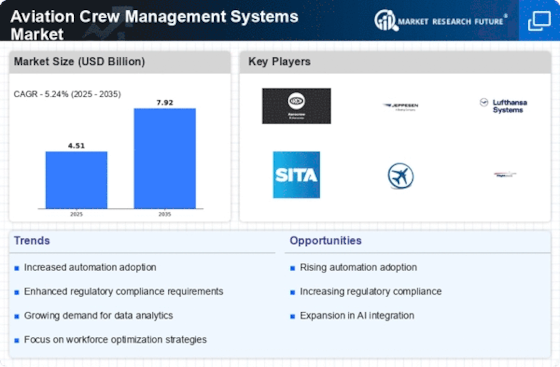

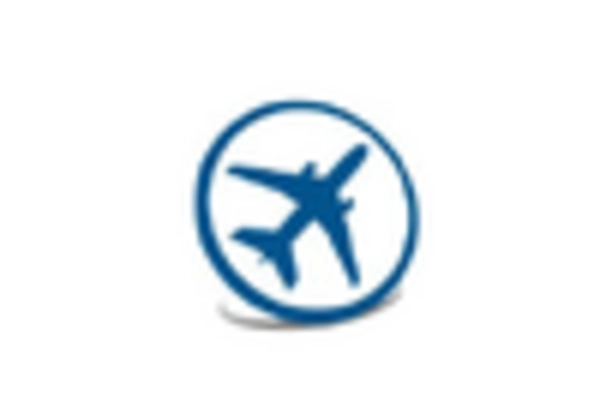
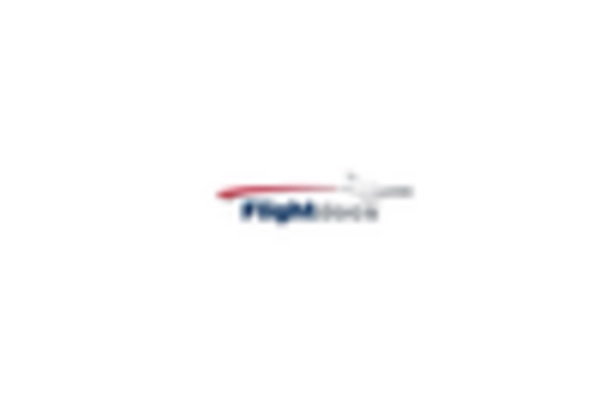
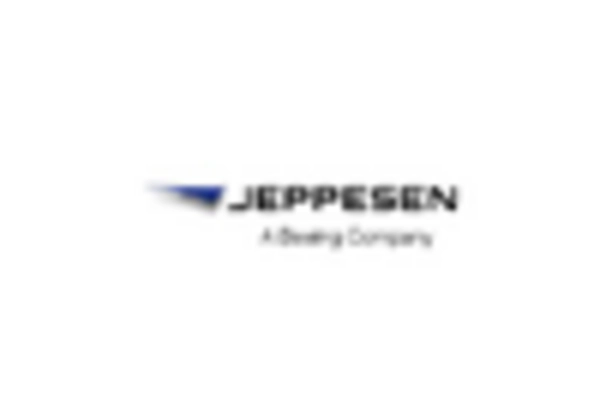
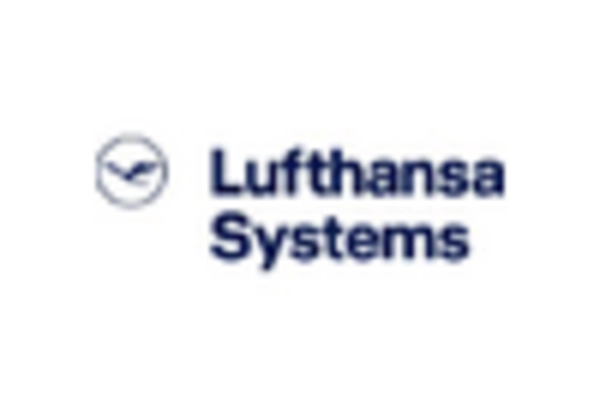
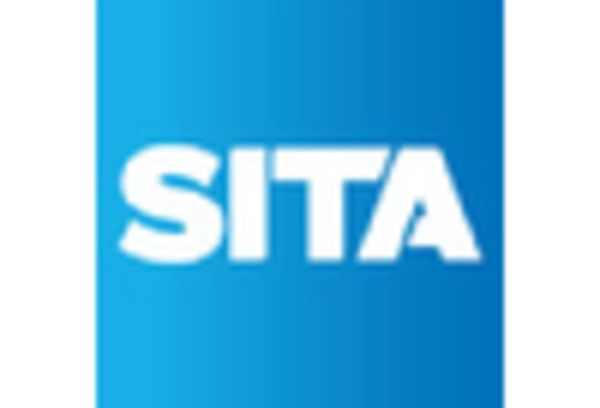









Leave a Comment